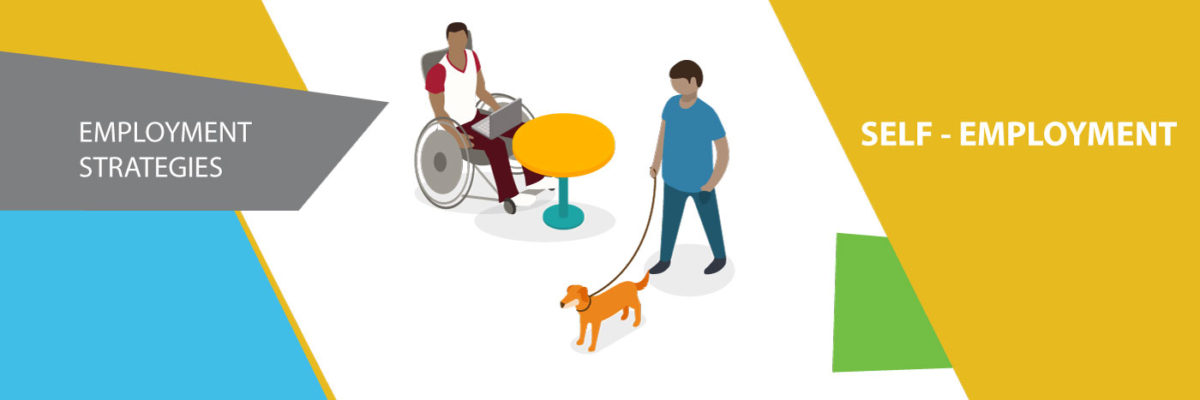Self-employment refers to working for yourself instead of for an employer. It can involve selling products, providing service, or both. The goal is to increase financial independence. Self-employment can be full- or part-time.
Why is it Needed?
Self-employment can offer benefits to people with disabilities. These may include making their own business decisions, setting their own schedule, working around their unique strengths and limitations, the option to work at home, having a job that matches their skills and interests, and the availability of Social Security incentives for growing a business.
How Does it Work?
Anyone who is motivated can have their own business. In general, planning for self-employment should include the following steps:
In supported self-employment, assistance can be provided to help with running the business and any disability-related challenges.
Tips for Success
Consider whether self-employment is a good career option. Ask these questions to determine if it is a good fit:

Want to know more about how this employment strategy can be incorporated into your work? Check out these resources:

Featured Training
Watch webcasts to gain valuable information that will help improve employment outcomes and quality of employment for people you serve.

Tools and Resources
These tools and resources offer information to support your practice.

Best Practices/Research
Project E3’s research summaries provide an “At-a-Glance” overview the latest research findings, as well as recommendations for best practices and how to incorporate them in your work.
- Self-Employment: A Viable Option in Vocational Rehabilitation
- Examining Biases to Support Employment as a Means out of Poverty

Strategy Use in Targeted Communities
The following Project E3 Community identified Self-Employment as a strategy to improve employment outcomes for their most underserved populations:

